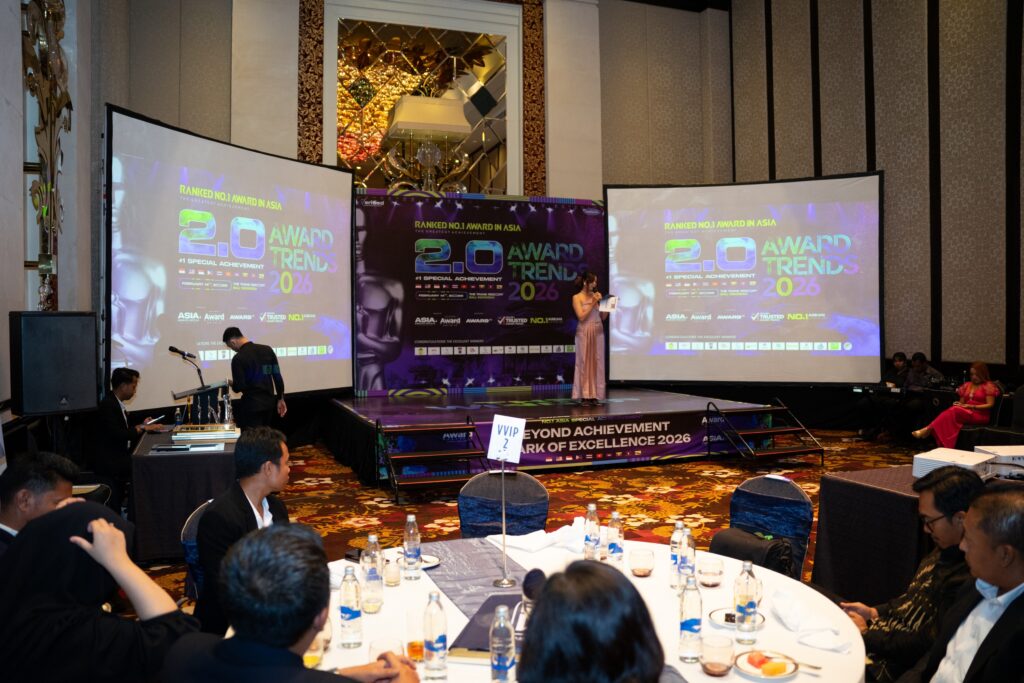Hong Kong – Amid growing global concern over the Trump administration’s latest restrictions on international admissions to Harvard University, Hong Kong has taken strategic steps to position itself as a responsive and competitive hub for global academic talent.
The Hong Kong Education Bureau announced on Monday (26/5) that it has formally encouraged all local universities to implement simplified admission measures and support frameworks to attract high-potential students who have been affected by the new U.S. policy.
“The Education Bureau will urge all universities in Hong Kong to adopt facilitative measures for qualified students, in order to protect their legal rights and interests, and to attract top-tier talent,” the bureau stated in an official communication sent via email.
The policy shift from the United States, which prohibits Harvard from enrolling international students starting in the 2025–2026 academic year, has left thousands of foreign scholars—particularly those from China—in academic uncertainty. In response, Hong Kong’s institutions are aiming to absorb displaced students and maintain the continuity of their academic pursuits.
Among the first to act, the Hong Kong University of Science and Technology (HKUST) issued an open invitation on Friday to undergraduate and postgraduate students previously admitted to Harvard. The offer also extends to those who had received conditional offers for the upcoming academic year.
HKUST emphasized its readiness to facilitate smooth transitions, offering unconditional admission, streamlined application procedures, and academic support to affected students.
“We are committed to supporting global talent during this period of disruption and transition,” HKUST noted.
This move reinforces Hong Kong’s positioning as an international education center, home to five universities ranked in the top 100 globally by Times Higher Education. It also reflects the region’s broader education strategy to safeguard academic mobility amid increasing geopolitical uncertainty.
Although Hong Kong maintains a high level of academic freedom, it is also adapting to new national guidelines requiring integration of national security and patriotic education into curricula—a shift aligning the city closer with mainland China’s educational system.
Nevertheless, Hong Kong remains a strategically situated destination for international students seeking academic excellence, institutional flexibility, and access to Asian markets and innovation ecosystems.
As U.S. policies continue to evolve, education leaders and policymakers are watching closely how territories like Hong Kong recalibrate to maintain competitiveness and ensure continuity for globally mobile students and scholars.






